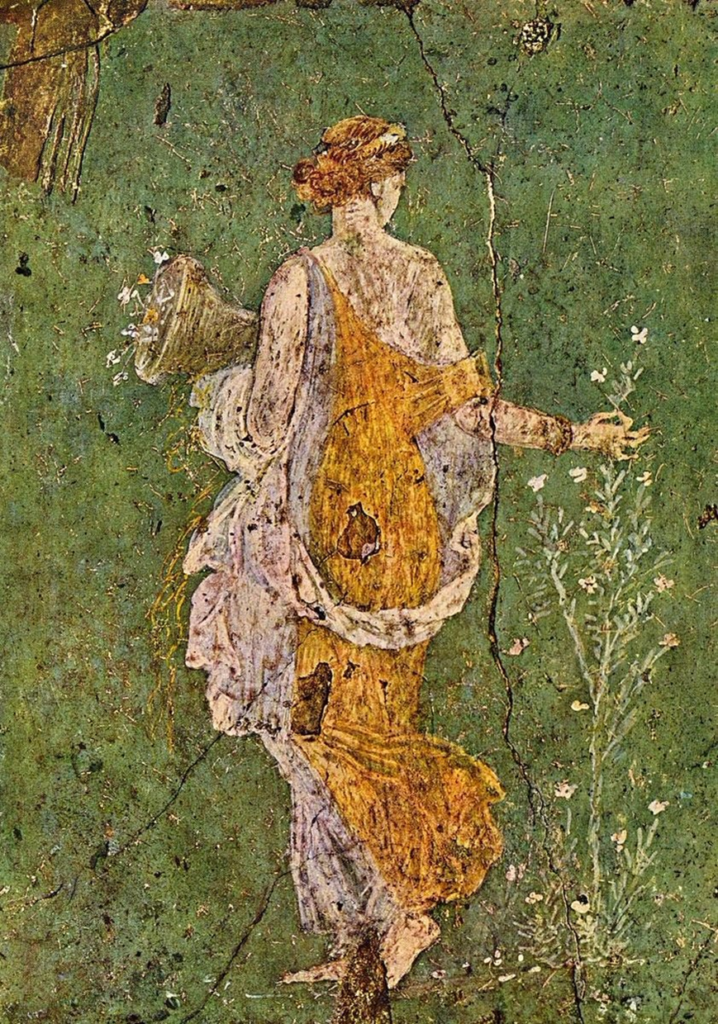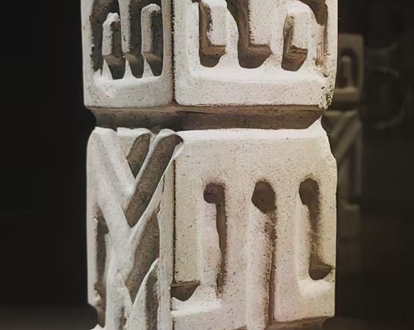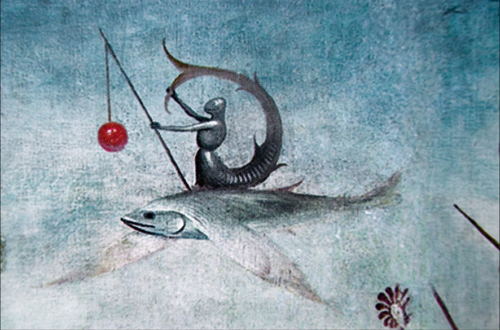Diego Tapia Figueroa, Ph.D. and Maritza Crespo Balderrama, M. A.
April 6, 2018
As John Shotter recounted it, quoting Tom Andersen, in the meeting ISI-Mexico, 2015 (testimony collected in the field newspaper) -in our adaptation-: “Words are like hands with which we touch people’s faces. And at the same time, you can see people being touched by their own words”.
The different uses of the words imply a posture that implies an ethical relationship; for this reason, our ways of relating to people are ethical (in life and also in therapy). There are no permanent ways of understanding experiences. We live in streams of activities, which are constantly turbulent. We have to try to balance in that turbulence and understand things differently. Experiences exist, but they are of a different logical form. Different words from our experience point to different futures (again: the words are ethical and political).
Paraphrasing Shotter: it’s about being sensitive to these little moments. We are immersed in many activities, just like fish in the water, in different contexts. There are different currents in life, and they affect us more than we can affect them. We are intellectually arrogant thinking that we can control what happens around us; the truth is that we do not control anything. We have a limited perception of this process.
We can achieve something useful if we can see particular situations in particular contexts. If we intend to create a better world, it will not do to try to build our ideals in other people. They have a different history and different needs.
By engaging in relational processes from a postmodern perspective, we are choosing an incessant search for questions that generate a metamorphosis of meaning; at the same time, construct different meanings in collaborative dialogue, in a permanent transformation of the present, of detail, of relational movements, as well as possible commitments and responsibilities
Every authentic encounter -which is such because we accept the other and in doing so, we acknowledge him in his alterity- every genuine encounter takes us to another place, where being, with one’s own words, continually metamorphoses and transforms little by little and step by step, with the words of the others; it is there, due to its transformative nature, that conversations become poetic.
We need to reflect on how to generate discursive possibilities, recognize the multiplicity of themes, develop art to question and challenge the established; validating our different dialogues, thanks to this ability to question ourselves, assuming responsibility for the meanings created. Words are builders of people: how you talk to the other and how you talk about the other, you build it.
Our central premise is that the natural consequence of dialogue or dialogic conversation is change or transformation. Starting from this premise, the question is important: how can therapists produce these conversations and relationships with their clients, in such a way that both parties can allow each other access to their creativity, and open up to new possibilities where none previously seemed to exist? (Anderson, 2013. p. 60).
It is about responding to this question from an attitude-action-relationship-reflection which does not accept the status quo as valid, natural, normal, and eternal, but rather, recognizing the multiple versions of history and their interests, acknowledging the differences. As Kenneth Gergen states in the Taos Institute’s Relational Research Network (March 14, 2016): Words act like actions in a relationship.
We connect this with the awareness that a committed dialogue with a curious person is only possible, in a safe and trustworthy space; with an open person, who is not sorry for what he hears and who can therefore give hope. In the words of Jacques Derrida (2006, p. 31) on Absolute Hospitality: “I open my house and offer it not only to the foreigner but to the absolute, unknown, anonymous “other ”(…) I give you room, I allow you to enter, I allow you to arrive and take your place in the place… ”.
Collaborative dialogues are practices that make other meanings possible, capable of constructing and transforming contexts through relational responsibility. It is this commitment to others, -in new conversations- with new questions, which makes possible creativity, which in turn, expands the options for new lifestyles; it is about the emergence of alternative projects with shared meanings.
We are talking about a process that begins with reflection -in an internal dialogue- which leads to connecting with another responsibly; this evolves when I put my being into words (made, question, uncertainty, possibility) in the space of the encounter in which the transformation of the relational context begins. Only when the other, when responding to us, recognize us as interlocutors («that which is common to us») does the relational being emerge, constituting the poetic moment.
And the question of how to continue challenges us insofar as it refers us to relationships with others because how to continue can find tentative answers only when it includes the «other ». It is not possible to continue if it is not relational continuous.
The moment we ask ourselves about continuing, we are assuming the responsibility of joint construction of well-being with others. It is a question that establishes a difference in process and content; because it is done in the present and, at the same time, it is a bow that shoots an arrow for the future. It is the way to invite, summon and give presence to the possible alternatives. When we carry out therapeutic conversational processes, these reflections are embodied in the meaningful dialogue that evolves and transforms us, precisely by asking ourselves and asking others.
On the other hand, the answers that we are giving ourselves, open (it is the beginning of a hermeneutical interpretation) the pragmatic possibilities of the relationship -a reflective pragmatics as a relational and communicational style-; and, we find, in this dialogue questions that were asked that find answers that generate new meanings, the sense of what is useful, of what could be.

English translation of all the articles in this section: Bruno Tapia Naranjo.


